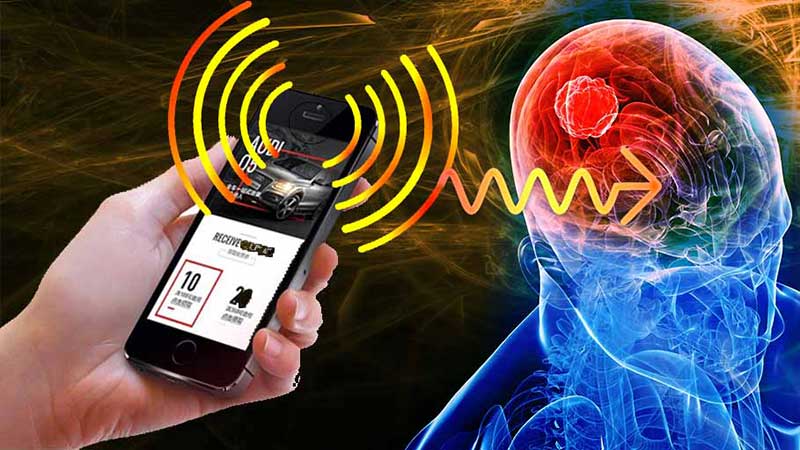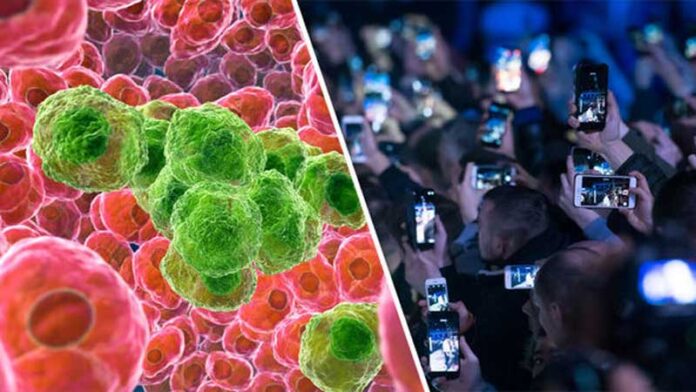Scientists reported a link between radio waves and tumors in rats. A long-term study in America on the effects of mobile phone radio frequencies shows that these radiations cause heart cancer in rats.
The NTP National Toxicology Program (NTP) announced in its final report that in male rats, some signs of a connection between brain tumors and adrenal glands were also obtained. While the signs of cancer were not clear in female rodents and male house mice.

Because the use of mobile phones and devices that emit radio waves has become widespread in people’s daily lives. The US Department of Health and Human Services has taken over this program and is responsible for measuring the toxicity of this radiation.
Although in this study, these rodents were exposed to more radiation than humans experience, the scientists said that the results show that the connection between radio waves and tumors is real, at least in male rats.
Of course, according to Dr. John Butcher, NTP’s senior scientist, the conditions of this study cannot be compared to the normal conditions of cell phone use by humans. In this study, rats and domestic rats were directly exposed to radio waves throughout their bodies. While humans are exposed to radiation in local tissues, for example, where they place the phone. In addition, in this study, laboratory mice were exposed to these waves at a higher level and for a longer period of time, while humans experience less of it.
But in any case, the connection between radio radiation exposure and tumors in male rats is real.
These studies have lasted for a decade and cost more than 30 million dollars. It is the most controlled study of the effects of radiation on living tissue ever conducted, and there are still many questions about its results in humans.
The results of this research are that the male rats that were exposed to radiation had the most heart tumors compared to those that were not exposed to radiation. But strangely, the irradiated male rats lived longer. Maybe the cause was less kidney problems.
The group found that male rats had the most heart tumors compared to control rodents that were not exposed to radiation.
But in female rats and male and female house mice, the signs of any cancer formed were declared “indeterminate”.
In this research, the focus was on wireless signals (2G) and (3G), the most widely used types at the time of the study, but the scientists stated that the results obtained today are still valid because most mobile phones still use Wi-Fi and (4G) from These bands use.










